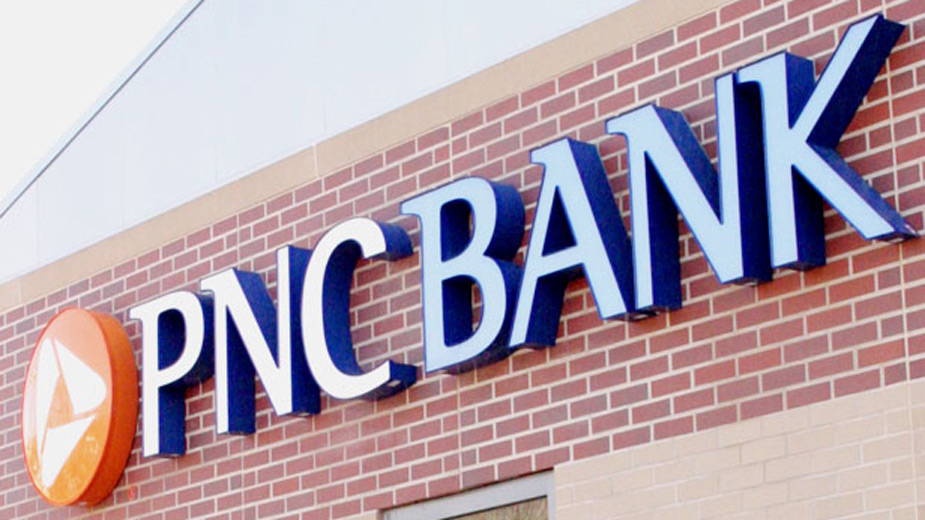Credit Unions Teach Members Basics of Handling Money
YOUNGSTOWN, Ohioi — What separates credit unions from other financial institutions is their leaders’ sense of mission as financial counselors and educators to help their members manage their money wisely.
Where banks and brokerage firms call the people who open accounts “customers” or “clients,” credit unions call them “members.” And their members show a greater sense of loyalty than customers of most commercial banks, credit union leaders say.
While some small credit unions remain, just like small banks, they’re an endangered species. And for much the same two reasons: the expenses of high technology and compliance with increasing regulation.
Three of the largest that serve the region, Seven Seventeen Credit Union, Cardinal Credit Union and ASECU – Associated School Employees Credit Union – have grown through acquisitions but most of their growth has been organic, say Gary Soukenik, Susan Joseph and Michael Kurish.
Soukenik is president and CEO of Seven Seventeen, Kurish his counterpart at ASECU. Joseph is the marketing manager at Cardinal.
Seven Seventeen, with assets of $916.6 million, has 760,000 members served by 11 offices in Trumbull, Mahoning, Portage and Stark counties. It also serves Columbiana County.
ASECU, founded in 1958, has assets approaching $135 million. Its 35 employees in five offices in Mahoning and Trumbull counties serve nearly 14,000 members.
Cardinal, founded in Mentor in 1953, has assets of more than $250 million and more than 30,000 members in Trumbull, Mahoning, Columbiana, Ashtabula, Portage, Summit, Lake, Geauga and Cuyahoga counties. Three of its eight full-service offices are in Mahoning County: Canfield, Austintown and Youngstown, all the result of acquisitions.
Cardinal is unusual in two respects: Five of its 15 offices are in high schools or on college campuses, including Hiram College. And 30 of its 100 employees have earned the designation of Certified Financial Counselor, its marketing director, Peter Catanese, says.
Earning such certification “requires extensive training,” he says, for which the credit union pays employees’ tuition and releases them to attend the 10 weeks of classes. Classes are held “two to three times a week.”
As much as these credit unions are about providing the gamut of financial products – everything from basic checking and savings accounts to Apple Pay and Google’s Android Pay – they are just as concerned about helping their members borrow and spend their money wisely.
Credit unions are quick to remind reporters that they don’t have paid boards of directors or shareholders to pay dividends (although members are credited with shares for purposes of electing the volunteer boards of directors).
This allows them to offer lower rates than banks on loans and pay higher rates of interest on savings products, they emphasize.
Lower rates have allowed ASECU to “see a lot of growth in our loan portfolio,” Kurish says. “We’ve seen 10% growth year over year.”
Cardinal reports it “saved its members nearly $57 million in reduced interest rates and fees [on loans] in 2016 alone,” Catanese says.
“We can pay higher interest on savings and charge less on loans,” says Seven Seventeen’s Soukenik, “because we don’t pay stock options to our directors or worry about paying dividends to shareholders.”
The majority of members in these three credit unions see Seven Seventeen, ASECU and Cardinal as their primary institution. The leaders’ metric is where members have their primary checking account. All offer direct deposit and base their claim on where their members have their paychecks or Social Security wired automatically.
Encouraging member loyalty is the array of high-tech products the credit unions offer or expect to offer in the near future: bank-by-phone is still used but has been replaced by online banking. Mobile devices such as tablets, smartphones that offer Apple Pay and Google’s Android Pay, are either offered or loom on the horizon.
“Sometimes I’m surprised,” Soukenik says. “We have 22,000 members using online mobile apps.”
With the increasing popularity of mobile devices, use of ATMs is falling and the increased use of credit and debit cards – the three credit unions offer both – has translated into less demand for currency.
Young people manage their finances differently than their parents, Kurish finds, are more welcoming of mobile devices and more eager to make use of them. “They’re comfortable and not intimidated in the least,” he says.
ASECU staff is available to meet with members and demonstrate the technology. “We can keep a member easier once that member has electronic access,” Kurish says.
He’s aware of the irony that members visit ASECU branches to learn the technology and that encourages them to stop in less often. “People bring their tablets in and we walk them through the process,” the credit union president says.
Also bolstering loyalty are Christmas Club accounts, a product most banks have dropped but ASECU and Cardinal have kept.
Cardinal and Seven Seventeen have dedicated business-lending departments with commercial officers to serve small-business owners. ASECU’s Kurish tells of loans made to owners of lawn services they used to buy equipment and a woman who borrowed to buy a computerized embroidery machine she uses in her home. He knows other members have borrowed to support their small businesses; ASECU doesn’t track such loans.
Financial education and involvement in their communities are two themes all credit union leaders were eager to discuss.
From staff visiting area high schools to teach classes on financial literacy to working with Junior Achievement of Mahoning Valley, Seven Seventeen, Cardinal and ASECU have devoted their resources to teaching the basics of handling money: how to write a check, the need to develop and stick to a budget, that it’s never too early to save for retirement, how to establish credit and credit scores, the difference between credit and debit cards. And how expensive the purchase and use of a smartphone can be.
ASECU works with JA to teach high school juniors and seniors financial literacy at Youngstown State University, Kurish says.
Seven Seventeen and Cardinal routinely offer financial counseling that includes debt consolidation and improving (or restoring) credit scores and setting up and adhering to budgets.
“We developed our own financial counseling program in the mid 1980s,” Soukenik says. “It’s consistent with our mission to improve people’s lives.”
And the credit unions work to protect their members against fraud and cyber crime. ASECU urges its members to be on guard against debit card skimming, especially at gasoline pumps. It explains how skimming works so members are alert to hidden cameras that can capture their PINs.
All three credit unions have causes they support financially and encourage staff to volunteer for. Seven Seventeen is “big on Relay for Life and the United Way,” Soukenik says. Relay for Life raises funds for the American Cancer Society.
ASECU’s Kurish has been treasurer of Junior Achievement of Mahoning Valley the last five years and its 34 other employees are active in their communities in support of the heart association, cancer society and raising money for scholarships.
“We give away college scholarships of up to $10,000, Cardinal’s Joseph says. “They’re open to anyone.” Last year more than 280 students from 63 high schools and colleges applied.
Copyright 2024 The Business Journal, Youngstown, Ohio.


